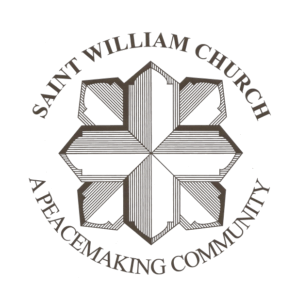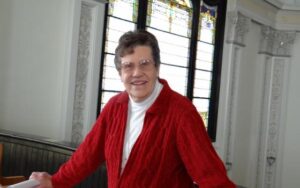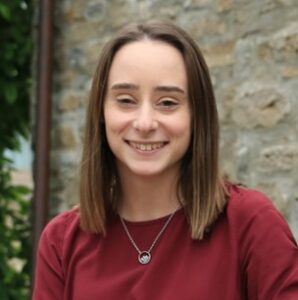It is Hard to Walk Together

Casey Stanton, Co-director of Discerning Deacons
“It was hard to walk together…we were supposed to stay in a line, but some people walk faster, others slower, and we’re carrying those very heavy candles…” – Micaela, age 9
My daughter completed her first altar server training this Saturday. And this was one of her main takeaways: It’s hard to walk together.
What a word of wisdom for those of us seeking to discover the synodal dimension of the Church.
The invitation to participate has gone out. But maybe we don’t need to be surprised or shocked or even super disappointed that it is getting an uneven response. (See the parable of the king who threw the banquet…)
In some places – years old listening campaigns are being submitted as a consultation. In other places – there are dozens of wide open listening sessions that the Bishop plans to attend.
People are offering to help – and in some cases are welcomed into the planning team, and in other places are met with no reply.
People are stepping up to organize sessions with young people on college campuses, and the diocese is grateful – glad for the initiative and eager to catch up. Elsewhere the effort maybe is met with suspicion.
The fact is – some people are walking faster than others, and it’s hard to all walk together.
In part – it’s hard because of what we are carrying.
Some are carrying heavy burdens. Fresh wounds.
We might have scars that can open up quicker than we would like to admit when we’re invited to reflect on the question: “what have been the obstacles or challenges in your journeying together with the church”
We can’t have escaped the last few decades of culture wars and societal polarization.
The hopes that we once had that were dashed – the memories of robust lay-pastoral collaborations and formation programs that are now diminished. Memories of social justice offices and ministries, which are now shrunk down, relegated as one more task to an already overworked diocesan staff person.
“Take nothing for the journey” is starting to mean something different.
What do we have to hold looser in order to be able to participate with a real interior freedom to what God is wanting to do, right now, in the life of the Church?
Yes. It’s a messy process. The reporting is not perfect. The listening itself is not perfect. But there is learning, there is listening. There is even, maybe, episcopal conversion happening.
The invitation of the synod is to keep going.
To make the phone call to the person who influenced our faith journey. Or to someone you’ve dreamt of collaborating with. It’s the invitation not to compare our CVs and list of accomplishments, but to share our vocation stories, our journeys of faith. The stories of walking in the real world, the world that is filled with sickness, grief, loved ones in prison, children who have no interest in the life of the Church, victims of abuse and discrimination. A world that leaves us walking with a limp, a scar, a wound. And a God who refuses to let us believe that it is ever the end of the story – but a God who wants to form us into a people, who know themselves as free, as forgiven, as beloved and belonging.
At Mass, Micaela pointed out how the two novices were struggling to stay in sync with the cross bearer. Then before the dismissal our presider wisely made sure to recognize the effort these new altar servers were making. He invited our parish community to give thanks for these new young ministers, learning the ropes. We all clapped, knowing they had more to learn… but trusting that eventually, they’d be in sync, so long as we keep inviting them to practice participating.


